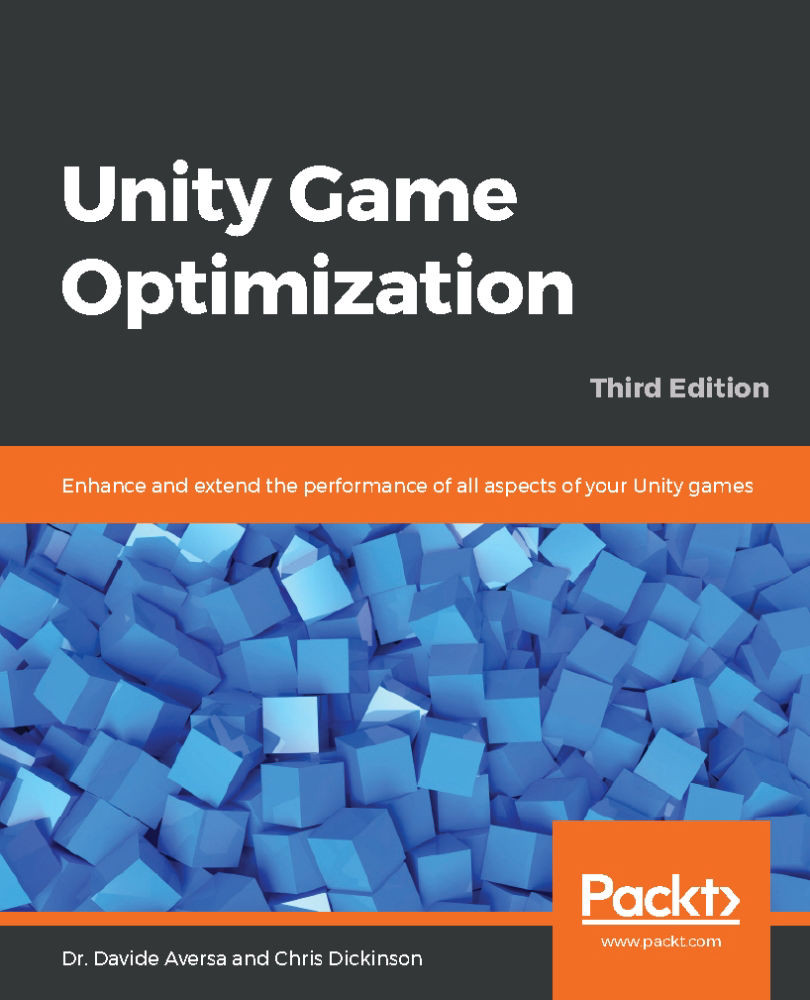C# offers many different data structures in the System.Collections namespace and we shouldn't become too accustomed to using the same ones over and over again. A common performance problem in software development is making use of an inappropriate data structure for the problem we're trying to solve simply because it's convenient. The two most commonly used are perhaps lists (List<T>) and dictionaries (Dictionary<K,V>).
If we want to iterate through a set of objects, then a list is preferred, since it is effectively a dynamic array where the objects and/or references reside next to one another in memory, and therefore iteration causes minimal cache misses. Dictionaries are best used if two objects are associated with one another and we wish to acquire, insert, or remove these associations quickly. For example, we might...


